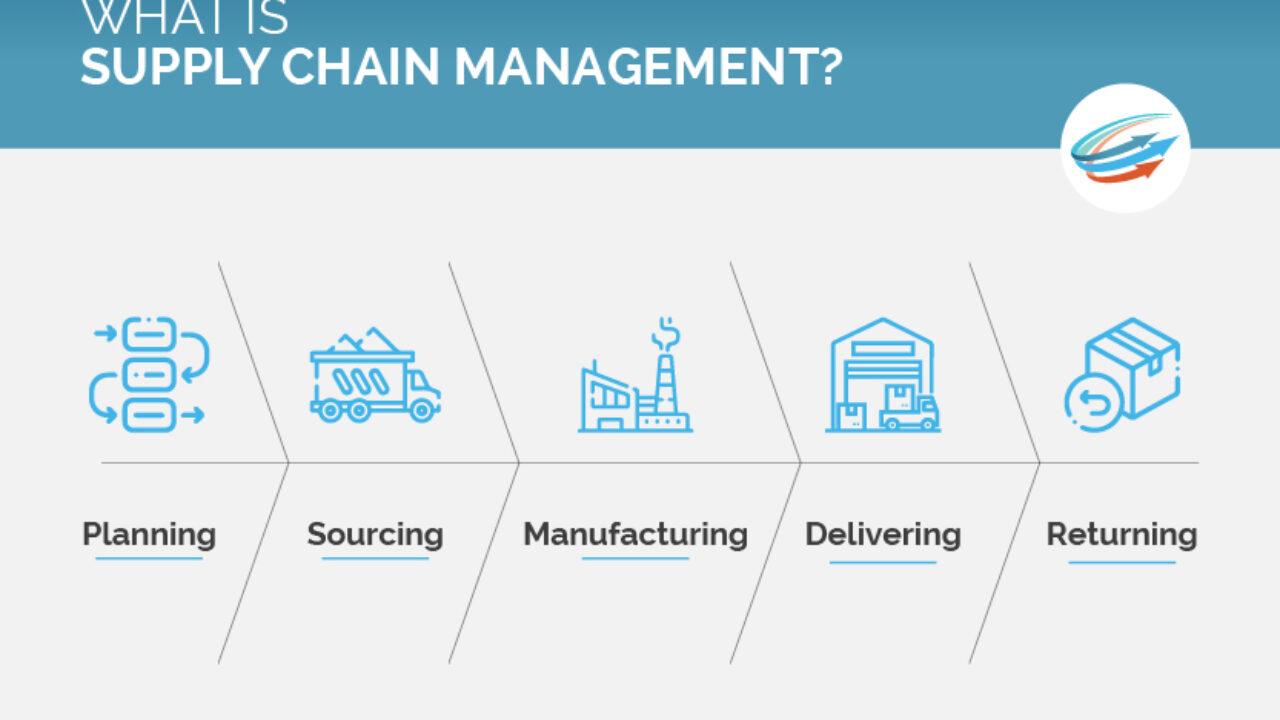In today’s digital era, businesses place an immense reliance on data and seamless IT infrastructure. As companies expand, their data center requirements naturally evolve. Colocation data centers step in to provide the vital computing, storage, and networking resources that modern enterprises demand. Recent data from the Economic Times indicates that the Indian data center market has undergone a staggering 48% growth over the past three years. Installed capacity has surged from 540 MW in 2019 to surpassing 800 MW in 2022.
Rather than embarking on the arduous journey of building and managing their data centers, businesses now have the option to lease or rent capacity from remote colocation providers, accessible via wide area networks (WAN), such as the internet. This approach allows businesses to sidestep the complexities and expenses associated with traditional data centers while still benefiting from their essential services.
But how can businesses discern when the time is right to make this transition? Let’s delve into some of the key indicators that signify the need to shift towards colocation data centers. By recognising these signs, businesses can make informed decisions that align with their growth strategies and operational needs.
Expanding IT Infrastructure:
One of the initial signs prompting businesses to consider colocation is the rapid expansion of their IT infrastructure. As companies grow, their demands for data storage, processing power, and network capacity increase exponentially. Handling this escalating demand in-house can strain resources and undermine operational efficiency. Colocation data centers provide scalable solutions capable of accommodating evolving infrastructure requirements, ensuring uninterrupted performance and reliability.
Reliability and Uptime Concerns:
Downtime can have dire consequences for businesses, resulting in revenue losses, tarnished reputations, and dissatisfied customers. If a company’s existing data center struggles to maintain reliable operations or frequently experiences outages, it’s a clear indicator that transitioning to a colocation facility is a prudent consideration. Colocation providers offer robust infrastructure, redundant power systems, advanced cooling solutions, and round-the-clock monitoring, significantly mitigating the risk of downtime.
Cost Efficiency and Scalability:
Running a full-featured data center can be financially burdensome. Cost efficiency and scalability are crucial factors in the world of data centers. Constructing and sustaining a full-featured data center comes with high upfront and operational costs. Colocation data centers, on the other hand, offer cost efficiency through shared infrastructure, economies of scale, and predictable pricing models. Moreover, they offer scalability, allowing businesses to adjust their IT resources as needed, thereby optimising costs and resource utilization.
Enhanced Security and Compliance:
Given the rising cyber threats, businesses prioritize data security. Colocation data centers provide advanced security measures, including multi-factor authentication, video surveillance, fire detection, and robust access controls. These centers also implement multiple layers of network security to safeguard against cyberattacks, such as firewalls, intrusion detection systems, and DDoS protection systems. Additionally, businesses must adhere to increasing government regulations concerning application usage, data management, and security.
Satisfying data residence requirements for various nations or geopolitical regions can be a formidable challenge for a single data center. Colocation services facilitate compliance with regulatory demands without the need for costly construction. Colocation facilities are designed to meet industry compliance standards, ensuring data privacy and regulatory adherence, which is especially crucial for regulated sectors.
Geographic Reach and Disaster Recovery:
For organisations aiming to establish geographic redundancy or expand their operations into new areas, colocation data centers in Mumbai present a viable solution. By leveraging a network of interconnected facilities, businesses can establish a presence in multiple regions without the necessity of building and managing individual data centers. Additionally, colocation providers often offer comprehensive disaster recovery services, enabling swift data restoration and minimising downtime in the event of natural disasters or other unforeseen circumstances.
Performance:
In today’s landscape, businesses aspire to have a global presence, providing worldwide access to applications and data. However, relying solely on a single data center can prove challenging in meeting the extensive demands of global users. Even when businesses invest in costly network bandwidth, the physical constraints of network latency, congestion, and connectivity can diminish workload availability and performance for remote users, potentially impacting user satisfaction and workload utilization. Colocation empowers businesses to position workloads and data near users across various geographical regions, guaranteeing optimal workload performance without the need for additional facilities.
The shift toward colocation data centers becomes increasingly apparent as businesses grapple with expanding IT infrastructure, reliability concerns, cost management, data security, and geographic expansion. Embracing colocation offers scalable, reliable, cost-effective, and secure infrastructure, enabling organisations to concentrate on their core competencies and achieve success in the digital landscape.
In conclusion, colocation data centers have become an indispensable asset for businesses in the digital age. As companies continue to evolve and face the challenges of expanding IT infrastructure, ensuring reliability, and complying with strict security and compliance standards, colocation provides a compelling solution. With the flexibility, scalability, and cost efficiency they offer, colocation data centers enable businesses to thrive in the ever-changing landscape of modern technology.




